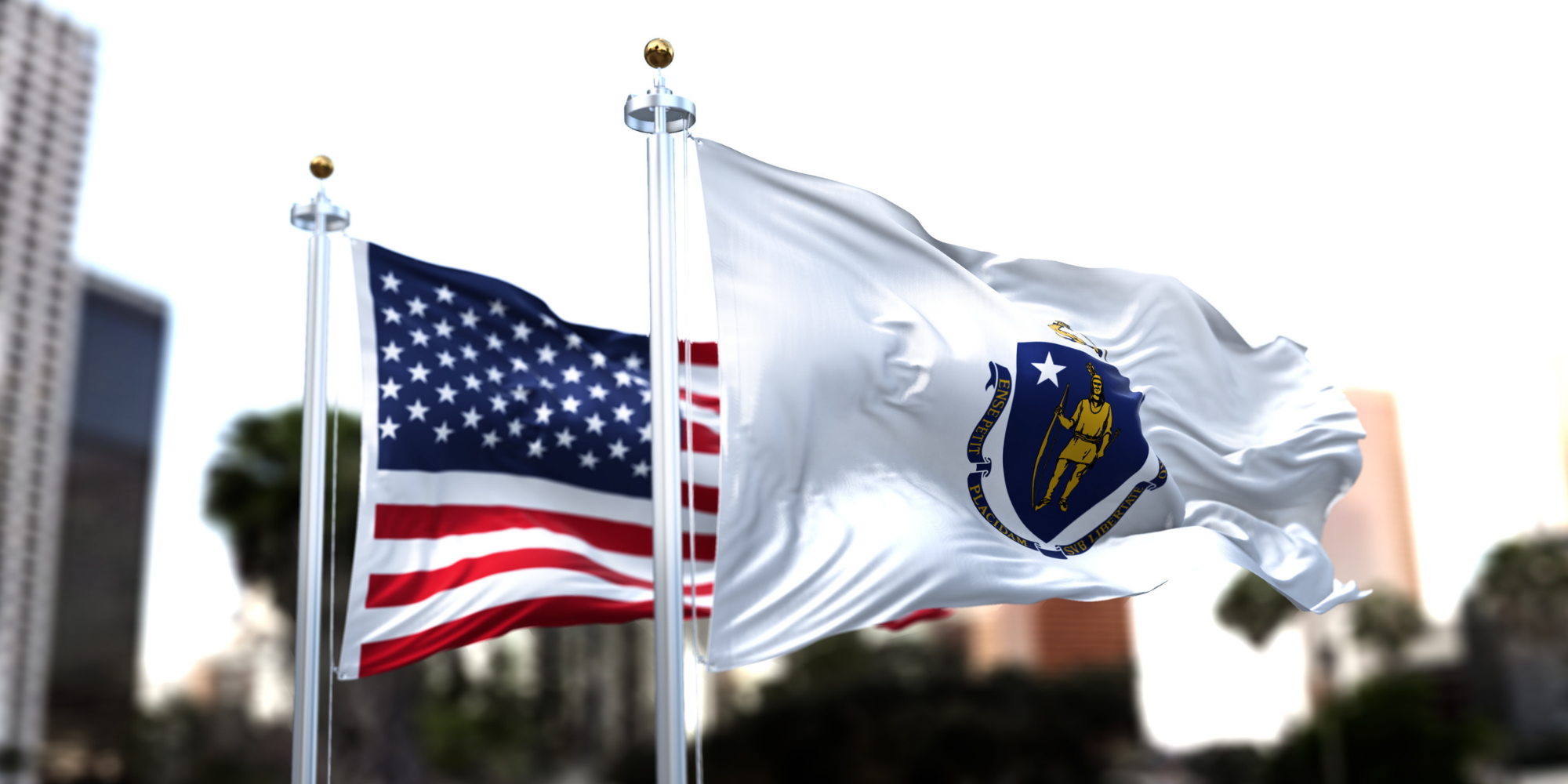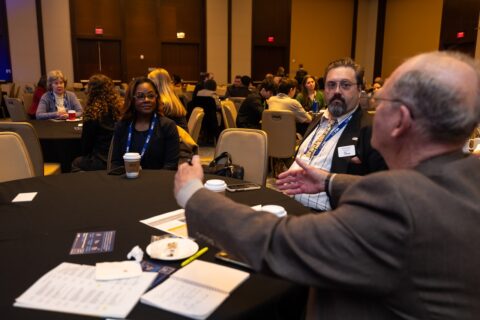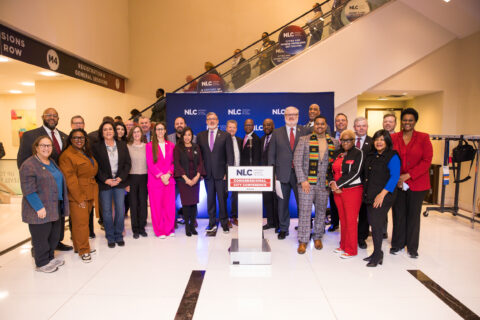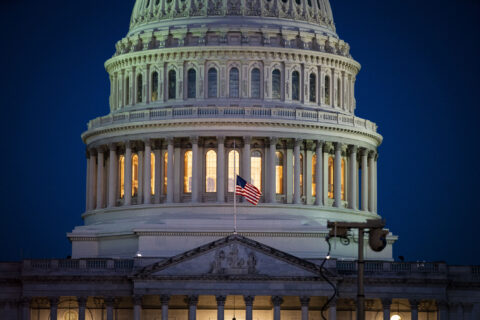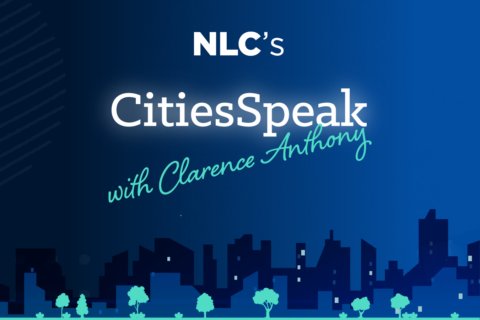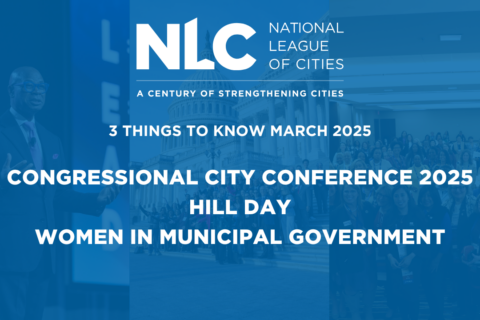In Shurtleff v. City of Boston the U.S. Supreme Court held unanimously that Boston’s refusal to fly a Christian flag on a flagpole outside city hall violated the First Amendment. The State and Local Legal Center (SLLC), in an amicus brief, argued the First Amendment wasn’t violated.
On the plaza, near Boston City Hall entrance, stand three 83-foot flagpoles. Boston flies the American flag on one (along with a banner honoring prisoners of war and soldiers missing in action) and the Commonwealth of Massachusetts flag on the other. On the third it usually flies Boston’s flag.
Since 2005 Boston has allowed third parties to fly flags during events held in the plaza. Most flags are of other countries, marking the national holidays of Bostonians’ many countries of origin. Third-party flags have also been flown for Pride Week, emergency medical service workers, and a community bank.
When Camp Constitution asked to fly a Christian flag Boston refused, for the first time ever, citing Establishment Clause concerns. The flag has a red cross on a blue field against a white background.
Camp Constitution sued arguing that Boston opens its flagpole for citizens to express their views in which case it can’t refuse to fly Camp Constitution’s flag based on its (religious) viewpoint. Boston argued it “reserved the pole to fly flags that communicate governmental messages” and was “free to choose the flags it flies without the constraints of the First Amendment’s Free Speech Clause.”
The Supreme Court held that Boston’s flag-raising program doesn’t constitutes government speech, meaning the First Amendment applies and it couldn’t reject Camp Constitution’s flag based on its viewpoint.
Justice Breyer, writing for the majority, noted that “[t]he boundary between government speech and private expression can blur when, as here, a government invites the people to participate in a program.” Conducting a “holistic inquiry” which considered “the history of the expression at issue; the public’s likely perception as to who (the government or a private person) is speaking; and the extent to which the government has actively shaped or controlled the expression,” he didn’t find government speech.
According to the Court the “general history” of flying flags “particularly at the seat of government” favors Boston. But “even if the public would ordinarily associate a flag’s message with Boston, that is not necessarily true for the flags at issue here” where “Boston allowed its flag to be lowered and other flags to be raised with some regularity.”
While neither of these two factors resolved the case, Boston’s record of not “actively control[ling] these flag raisings and shap[ing] the messages the flags sent” was “the most salient feature of this case.” Boston had “no written policies or clear internal guidance—about what flags groups could fly and what those flags would communicate.”
While the SLLC amicus brief argued that Boston’s third-party flag program was government speech it acknowledged the Court might not agree and asked for “clear guidance on how they may avoid creating such a forum while still flying third-party flags.” Justice Breyer obliged writing: “Boston could easily have done more to make clear it wished to speak for itself by raising flags. Other cities’ flag-flying policies support our conclusion. The City of San Jose, California, for example, provides in writing that its ‘flag-poles are not intended to serve as a forum for free expression by the public,’ and lists approved flags that may be flown ‘as an expression of the City’s official sentiments.’”
Daniel L. Bromberg and Shelby L. Dyl of Pillsbury Winthrop Shaw Pittman wrote the SLLC amicus brief which the following organizations joined: National Association of Counties, National League of Cities, U.S. Conference of Mayors, International City/County Management Association, and International Municipal Lawyers Association.
